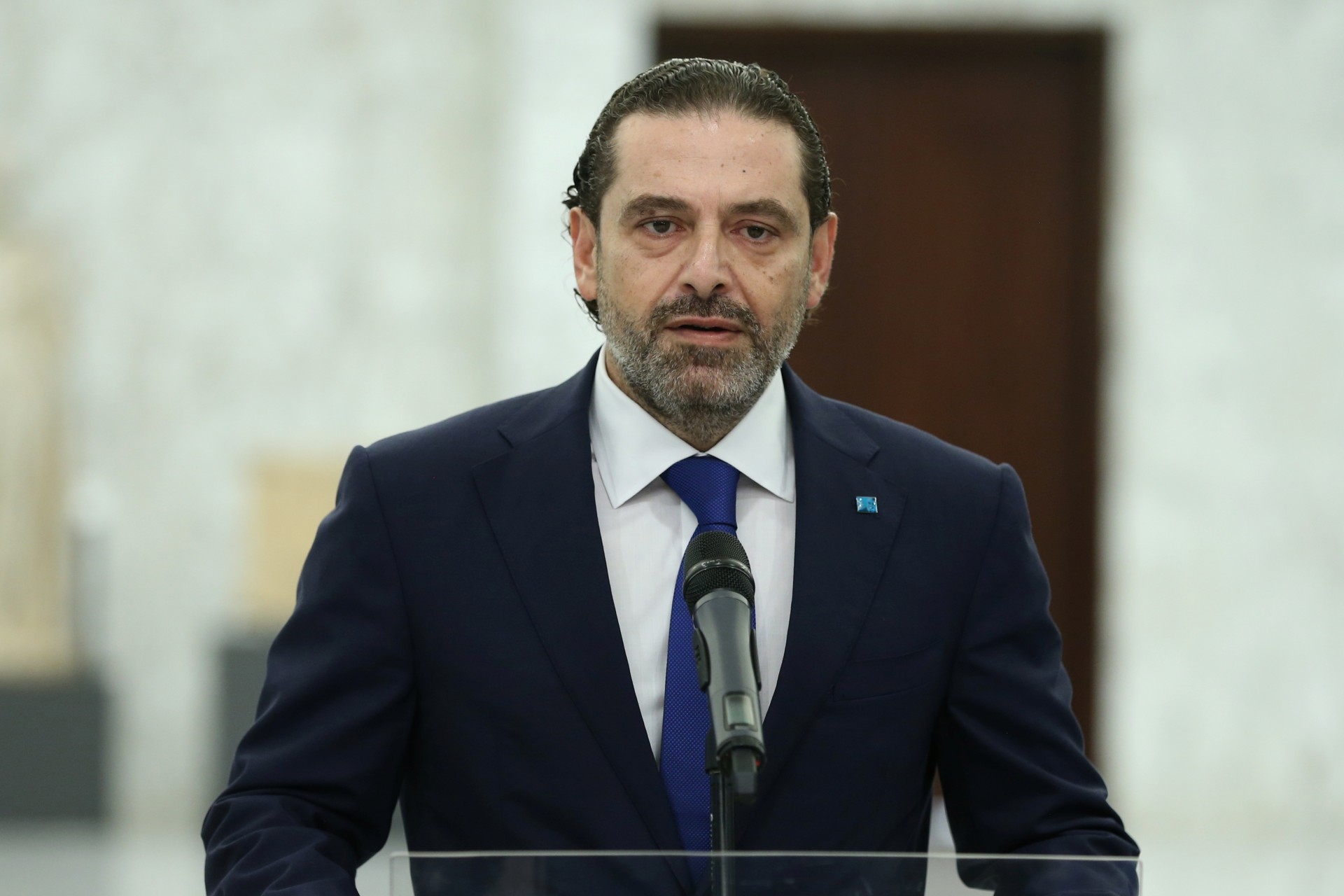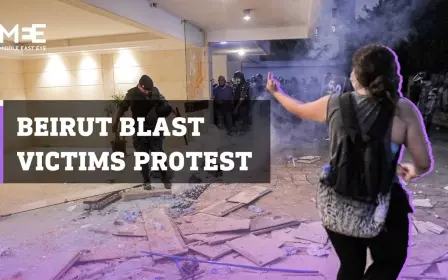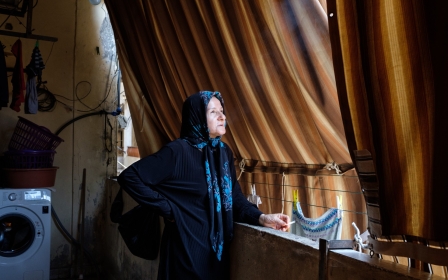Lebanon: Saad Hariri steps down as prime minister-designate

Saad Hariri announced on Thursday that he would no longer try and form a Lebanese government, renouncing his role as prime minister-designate. The move has plunged crisis-hit Lebanon into further uncertainty, and moved back the prospect of international aid.
Hariri, who has had two spells as prime minister and was tasked with forming a cabinet after Hassan Diab’s government resigned following the 4 August Beirut port explosion, said he was unable to come to an arrangement with President Michel Aoun over its lineup.
"It is clear we will not be able to agree with his excellency the president," Hariri told reporters after a meeting with Aoun that lasted just 20 minutes.
'It is clear we will not be able to agree with his excellency the president. That is why I excuse myself from government formation'
- Saad Hariri
"That is why I excuse myself from government formation."
The Future Movement leader was made prime minister-designate in October. However, reaching an agreement over which political parties would recieve which ministries quickly became a problem.
New MEE newsletter: Jerusalem Dispatch
Sign up to get the latest insights and analysis on Israel-Palestine, alongside Turkey Unpacked and other MEE newsletters
Meanwhile, Lebanon's economic crisis continued apace. The World Bank has labelled it one of the worst economic crises in the past 150 years, with the currency losing 90 percent of its value since 2019.
International donors, led by France, and the IMF insist that aid will only follow the formation of a government, yet the traditional political squabbling of Lebanon's leaders has stopped any credit lines from being opened. Hundreds of millions of dollars have been pledged.
"There were amendments requested by the president, which I considered substantial in the line-up," Hariri told reporters, adding that he had offered to spend more time finding a solution but Aoun had told him "we will not be able to agree".
"That's why I apologised for [not] forming the government, and may God help the country," Hariri added.
Hariri, who is the son Rafic Hariri, the former prime minister assassinated in a massive 2005 bombing, was only chose to form a government after the first designate failed to form a government.
As Lebanon's sectarian power-sharing political system allows only Sunnis to become prime minister, someone of the same confession must replace Hariri. However there is no clear candidate, leaving Lebanon is a further state of politcial paralysis.
The economic crisis has left Lebanon unable to import necessities like medicine and fuel, leading to a deteriorating healthcare crisis in the middle of a pandemic and wide blackouts.
Meanwhile, the country waits for any semblance of justice over the Beirut port blast, which killed over 200 people, wounded thousands more and left vast areas of the capital in tatters.
Families of those killed in the explosion, which was the result of festering ammonium nitrate dangerously stored in the port for years, protested at the house on the interior minister this week, and were met by the police with violence.
Middle East Eye delivers independent and unrivalled coverage and analysis of the Middle East, North Africa and beyond. To learn more about republishing this content and the associated fees, please fill out this form. More about MEE can be found here.




